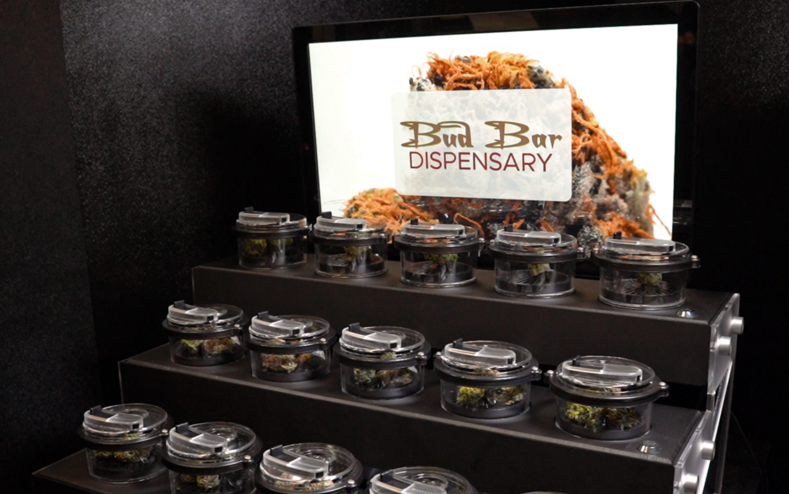The hemp plant has been used by humans for many centuries for various purposes before it was prohibited in the 1900s. Thankfully, policies are being modernized around the globe to permit the use of the hemp plant, and hemp products are making a major comeback.
A recent example of the modern hemp revolution can be found in an announcement by Volkswagen. Volkswagen is a German automobile manufacturer headquartered in Wolfsburg, Lower Saxony, Germany.
“Volkswagen has entered into a cooperation with the German start-up Revoltech GmbH from Darmstadt. The aim is to research and develop sustainable materials based on industrial hemp.” the company stated in a press release. “These could be used as a sustainable surface material in Volkswagen models from 2028. The material made from 100% bio-based hemp uses residues of the regional hemp industry. It can be produced on existing industrial plants and recycled or composted at the end of its service life in an automobile.”
“Our innovative surface material called LOVR™ that we are developing and testing for the automotive industry in cooperation with Volkswagen is scalable and groundbreaking for sustainability in the automotive sector.” stated Lucas Fuhrmann, CEO and co-founder of Revoltech GmbH.
The main focus of the new partnership will be hemp-based leather materials to be used on some of Volkswagen’s automobile lines. If successful, innovations yielded by the new partnership between Volkswagen and Revoltech could be incorporated by other automobile makers, as well as by other industries.
“Together with the Revoltech GmbH start-up, the predevelopment team at the Volkswagen brand is working on a material innovation as a substitute for imitation leather. This material made from what is known as industrial hemp cultivated for the food industry is an all-natural, 100% biological single-layer surface material called LOVRTM (the letters stand for leather-free, oil-free, vegan and residue-based) that is being developed specifically with the automotive industry in mind.” Volkswagen stated.
“The hemp fibers and a fully bio-based adhesive are combined using a special technology and processed to become a surface material. This truly circular material is sourced from regional hemp fields and is fully recyclable or compostable once it has reached the end of its service life. It is produced from residues of the hemp industry that have no further use. In addition, it can be manufactured on existing industrial plants, thus enabling swift scalability – and is therefore also suitable for use in large-scale production.” Volkswagen also stated.
According to a recent market analysis by Spherical Insights LLP, the global industrial hemp market is projected to be worth an estimated $24.30 billion by 2033.
This article first appeared on Internationalcbc.com and is syndicated here with special permission.






